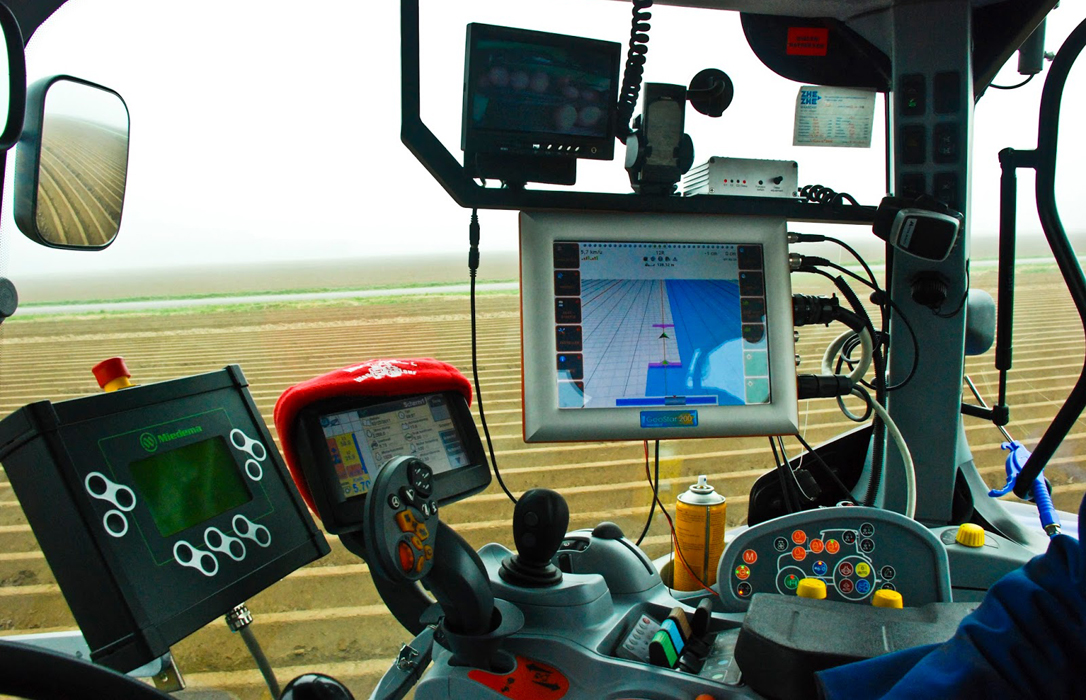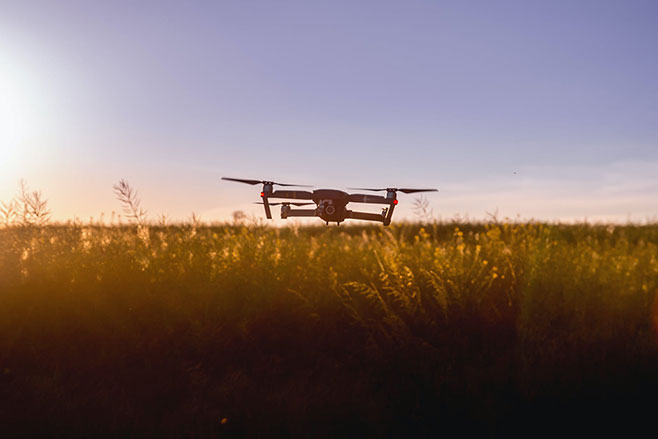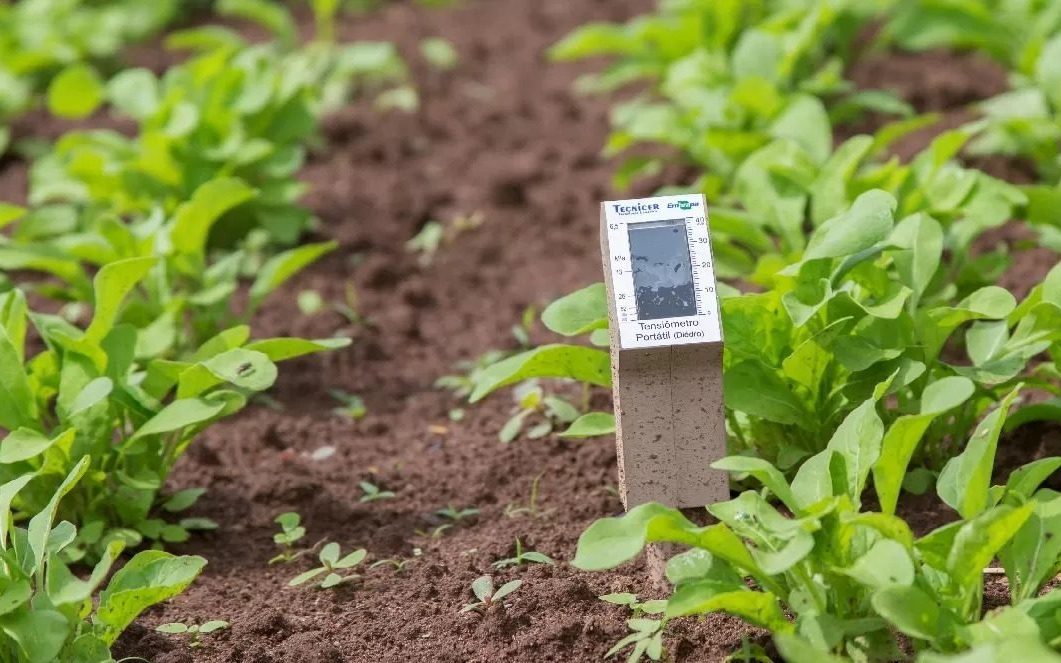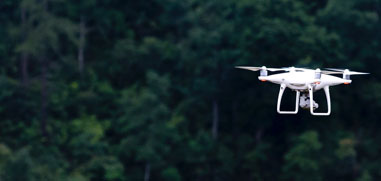The new revolution in the agricultural sector is unfolding in the agricultural landscapes of Europe.
The use of Artificial Intelligence, Big Data and the implementation of precision technology and the “Internet of Things” is changing the way farmers and ranchers work.
With proper training, the management of these new technologies for farmers is quite simple, and improves the conditions of workers in this sector.
The benefits of technology in agriculture
Farmers not only see improvements in the performance of their farms, but also allow them to be compatible with the Environment and Sustainable Development.
ASAJA (Spain), partner of the CONSOLE project – points out, “precision agriculture and its gradual incorporation into agricultural activity, will mean the achievement of multiple benefits, both environmental due to greater efficiency in the use of inputs; As a better profitability since work times are reduced and decision making improves”.
The most used devices
Remote Positioning Systems
Among the devices developed for technified agriculture can be tractors with GPS positioning systems that avoid, for example, double passes and allow more homogeneous sowing or sowing with a visibility deficit (dense fog, night, etc.).

Farm tractor with GPS equipment. Source: Agroinformaciòn
Drones
Drones are devices increasingly used by farmers, as they are capable of monitoring large hectares, collecting data on hydration, temperature, stress on vegetation or crop growth.

T
Sensors
The use of sensors is also widespread. It is about collecting information from the environment, transferring it in real time to any device (for example, to a smartphone).

Use of sensors to obtain real-time information. Source: Telcoagro
In any case, it can be said that we are only scratching the surface of a revolutionary technology that will allow not only the improvement of agricultural production; but a more rational and balanced use of resources that allow care for the environment.
